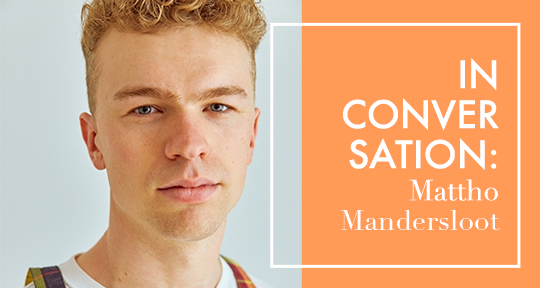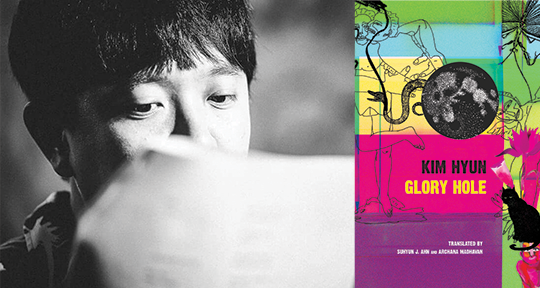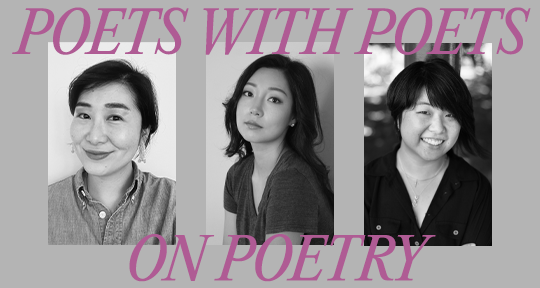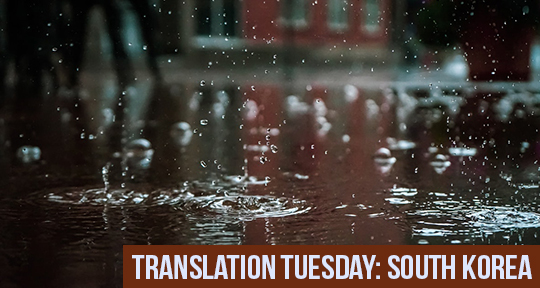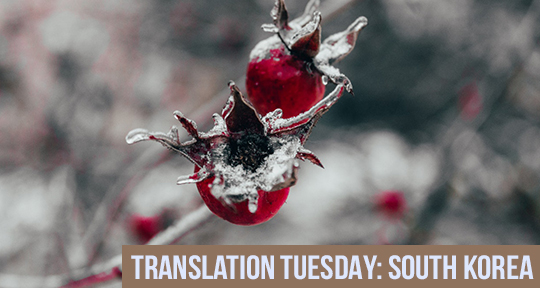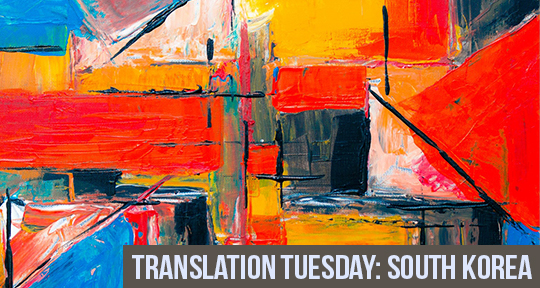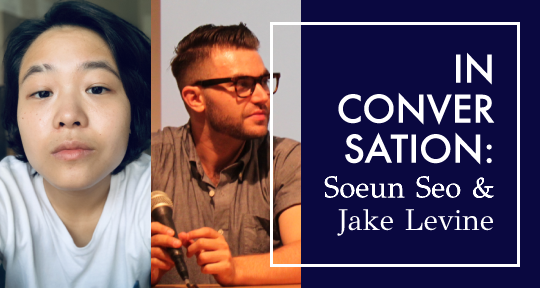The Korean poet Choi Jeongrye once wrote: “As you can tell from my poems, memory is both my deficiency and my mind’s ruin . . .” A powerful assertion of the poet’s battle against the intangible, Choi’s work speaks to the formless, the absent, the incoherent, and the hidden. We were proud to publish a selection of her vivid writings in our Winter 2023 issue, and in this following interview, Assistant Editor Matt Turner speaks to the translator, Mattho Mandersloot, about his process, his relationship with the poet, and the universality of these poems.
Matt Turner (MT): First, let me say how much I enjoyed these poems by Choi Jeongrye from the Winter 2023 issue; your translations conveyed the eye of the author very clearly. It was as if the poems, to paraphrase Zhuangzi, used their language in order to forget their language, and pointed towards something else—the particulars of the world maybe, or maybe the stray feelings that such particulars evoke. This gave me a sense, at least in part, of the author as a person.
One lingering question I had was about Choi Jeongrye’s place—and her poetry’s place—in the world around her, and in the literary community of South Korea. Could you say a little about that?
Mattho Mandersloot (MM): Thank you for your kind words! I think your comment about the poet shining through her work as a person is very accurate, and it is this aspect of her poetry that drew me in from the very start. The way she writes off the back of her own experiences and observations, while simultaneously touching on the world as a whole, really gets to me. Somehow, her work is both personal and universal at once.
As for her place in the literary community, I am fortunate enough to have met her several times while I lived in Korea. We had this weekly ‘poetry exchange’, where she would walk me through her version of the history of Korean poetry, and I would help her—as best I could—with some English poems that she was reading and translating at the time (something in which she took a great interest, given that her translation of James Tate’s prose poetry collection, Return to the City of White Donkeys, was published by Changbi in 2019). During these meetups, which soon turned into my favourite moment of the week, she did not hide her preference for poetic realism as she explained which Korean poets influenced which. She herself greatly took after Oh Kyu-won (1941–2007), who was known for his attempts to deconstruct language and look at ‘naked reality’. To me, Choi’s collection Kangaroo is kangaroo, I am I (2011, Moonji) always brings to mind Oh’s collection Tomatoes are red, no, sweet (1999, Moonji). READ MORE…

